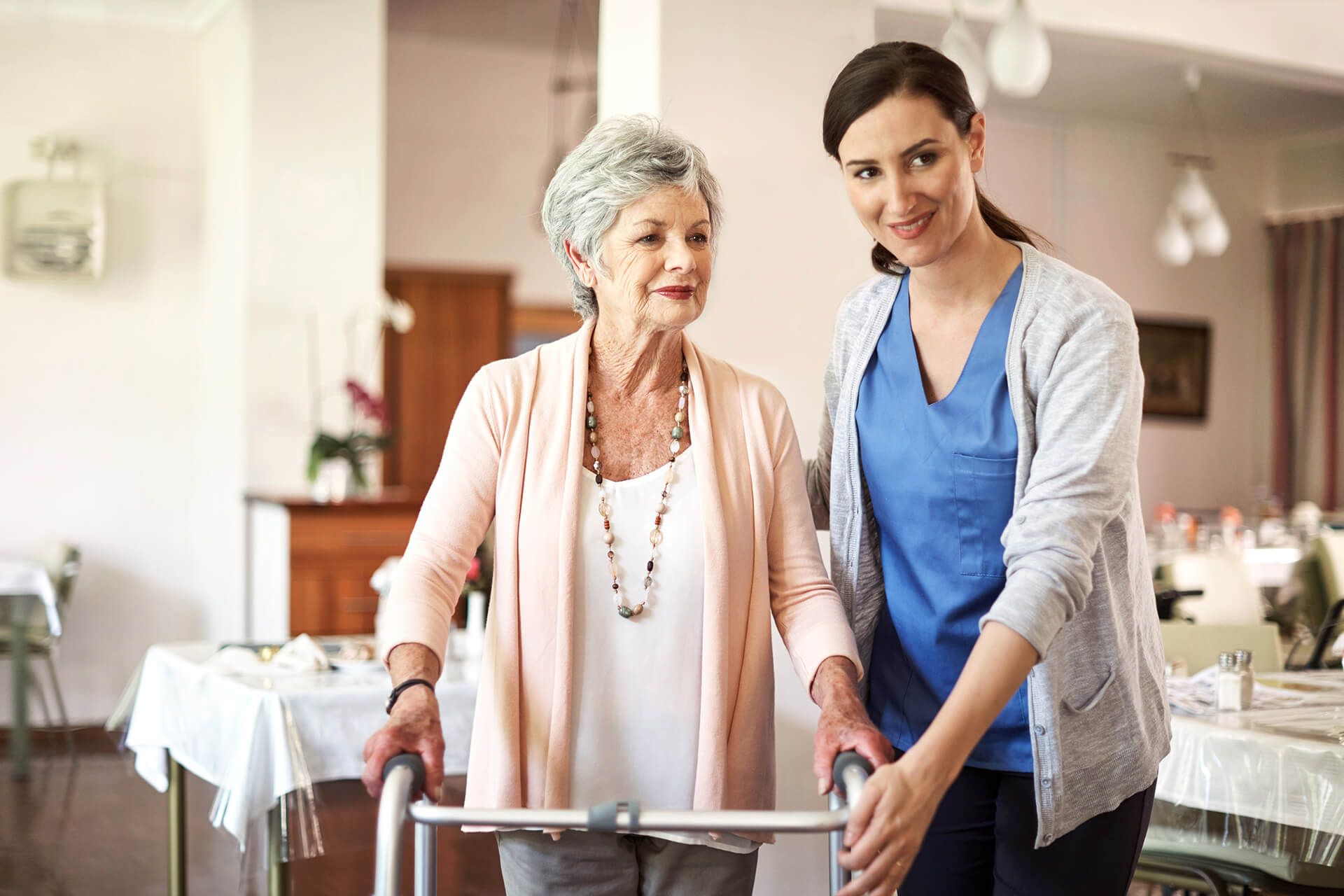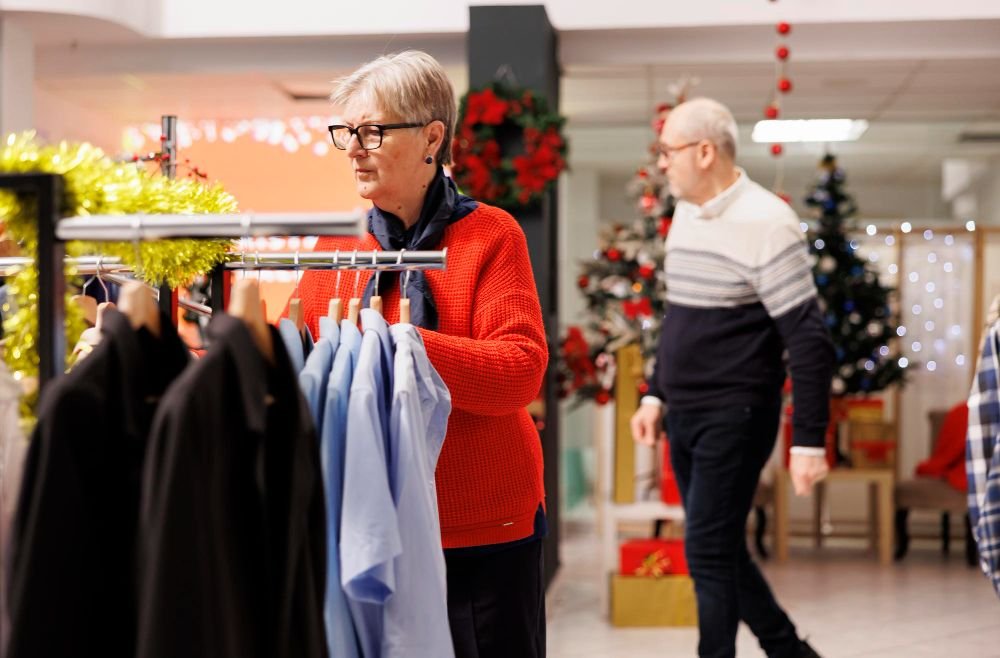Shopping for elderly individuals is an important aspect of caregiving and support, as it involves meeting their unique needs, preferences, and challenges when it comes to purchasing essential items and groceries. Whether shopping for food, clothing, household supplies, or personal care products, caregivers and family members play a crucial role in ensuring that elderly individuals have access to the items they need to maintain their health, well-being, and independence.
Filcare’s Elderly Care
 When shopping for elderly individuals, it is essential to consider their specific requirements and limitations. Mobility issues, cognitive impairments, sensory changes, and chronic health conditions can impact an elderly person’s ability to shop independently. Caregivers can provide valuable assistance by accompanying elderly individuals to the store, helping them navigate aisles, reach items on shelves, and carry heavy bags. Caregivers can also help elderly individuals make informed choices by reading labels, comparing prices, and selecting products that meet their dietary restrictions, preferences, and health needs.
When shopping for elderly individuals, it is essential to consider their specific requirements and limitations. Mobility issues, cognitive impairments, sensory changes, and chronic health conditions can impact an elderly person’s ability to shop independently. Caregivers can provide valuable assistance by accompanying elderly individuals to the store, helping them navigate aisles, reach items on shelves, and carry heavy bags. Caregivers can also help elderly individuals make informed choices by reading labels, comparing prices, and selecting products that meet their dietary restrictions, preferences, and health needs.
In addition to physical assistance, caregivers can support elderly individuals in managing their finances and budgeting for shopping trips. Many elderly individuals may be on fixed incomes or have limited resources, making it important to prioritize essential purchases and make cost-effective choices. Caregivers can help elderly individuals create shopping lists, prioritize needs over wants, and look for discounts, coupons, and sales to stretch their budget and ensure they have access to necessary items without overspending.
Furthermore, shopping for elderly individuals involves considering their unique preferences and tastes when selecting products. Elderly individuals may have dietary restrictions, food allergies, or cultural preferences that need to be taken into account when shopping for groceries. Caregivers can help elderly individuals choose nutritious, balanced meals that align with their dietary needs and preferences, ensuring they have access to healthy and satisfying food options. When shopping for clothing, household supplies, or personal care products, caregivers can consider comfort, functionality, and style preferences to ensure that elderly individuals feel comfortable, confident, and well-cared for.
Moreover, shopping for elderly individuals is an opportunity to promote social engagement, independence, and quality of life. Caregivers can involve elderly individuals in the shopping process, allowing them to make choices, express preferences, and maintain a sense of autonomy and control. Shopping outings can also provide opportunities for socialization, connection, and community engagement, as elderly individuals interact with store staff, fellow shoppers, and members of the community, fostering a sense of belonging and connection.
In conclusion, shopping for elderly individuals is a meaningful and important aspect of caregiving that involves meeting their unique needs, preferences, and challenges when it comes to purchasing essential items and groceries. Caregivers play a vital role in supporting elderly individuals in navigating the shopping process, making informed choices, managing finances, and promoting independence and well-being. By providing assistance, guidance, and companionship during shopping outings, caregivers can help elderly individuals access the items they need to maintain their health, dignity, and quality of life, ensuring they age with grace, comfort, and vitality.


